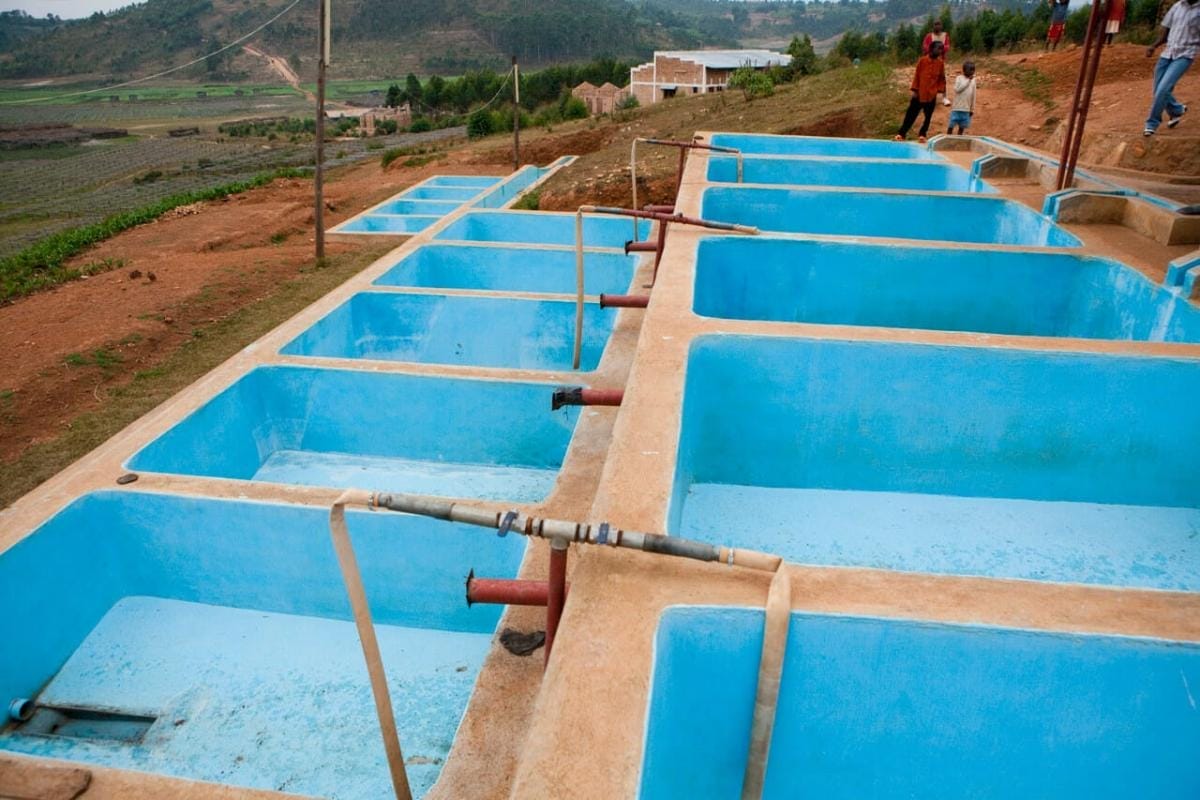No products in the cart.

Coffee Processing: Washed
The washed processing style was largely made popular by Costa Rica in the mid 1800s. Europeans and the English in particular favored the clean and clear cup produced in this style. Washed coffee comes from most of Central and South America as well as parts of Africa and Indonesia.
First, coffee is picked, either by hand or mechanically. The picked cherries might be “floated” in water to remove any over-ripe cherries, leaves, sticks, or other debris. Coffee will also typically float if the seed did not develop properly or was damaged in some way.
The “sinkers” are sent to the depulper which is designed to remove the cherry’s fruity flesh or pulp. The pulper will either scrape away the fruit or flesh of the cherry or it will squeeze the cherry, forcing the seed out through a screen.
After pulping, the coffee seeds are still covered in a sticky mucilage. The mucilage is broken down by soaking in tanks for 8-48 hours. Colder, higher altitudes will require longer fermentation periods to achieve complete breakdown of mucilage.
Coffee is different from some other plants in that it begins to germinate after the seeds are separated from the cherry. Complex sugars are consumed during the metabolic activities related to germination, but amino acids and other compounds are created. This is a contributing factor in the flavors of washed coffee.
Double Washing or Double Fermentation can be found across Africa in Burundi, Rwanda, and Kenya. After pulping, the coffee is left to ferment dry, without addition of any water for 8-12 hours. It is then washed through a channel that sorts by density. The sorted beans are then soaked in tanks for a second, wet fermentation and raked through a channel again.
Mechanically washed coffee is increasingly popular because of the low amount of water that is required. Traditional soaking in tanks is replaced by equipment that removes the mucilage using high speed rotors and water. The flavors of this processing style are similar to a washed coffee in cleanliness but generally have a more mild acidity.



